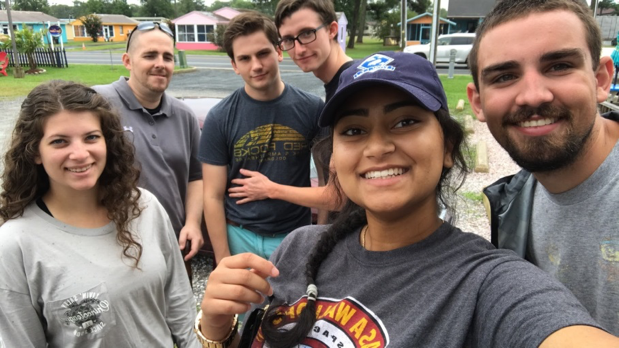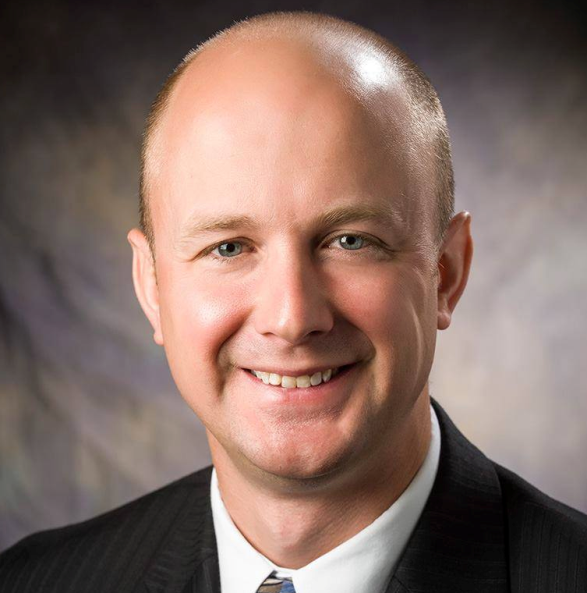Certified Information Systems Security Professional. It’s a coveted title in the cybersecurity field. It’s also increasingly the gateway to higher-level employment opportunities.
Do an Indeed.com search using “CISSP” and you’ll bring up over 2,000 opportunities posted in the past 15 days, many in the six-figure salary range. As security researcher Stephen Cobb notes, more and more companies desire the CISSP designation even for positions that, in the past, would not have required it.

And it’s not an easy designation to earn. To qualify, you’ll need to have been on the job for at least five years, accumulating expertise in at least two of the eight Common Body of Knowledge domains recognized by the International Information Security Systems Consortium (ISC)². Although one year may be waived if you have a college degree, a master’s in information security, or a qualifying certification, the bottom line is clear: the CISSP certification is for seasoned pros.
You’ll also need to pass the six-hour CISSP exam, administered electronically by Pearson VUE. That means earning a score of 700 or higher, out of 1,000 points. Even then, the journey isn’t complete: you’ll also be required to obtain a written endorsement from an (ISC)2-certified professional who can vouch for your experience and skills.
As arduous as the journey may be, the rewards are significant. Writing for CSO magazine recently, Steve Morgan summed these up as follows: salary, knowledge, opportunities for promotion, and opportunities to branch out into different specialization areas.
Because the CISSP covers eight cybersecurity domains, Morgan notes, it can potentially place a broad range of job opportunities within reach – even if your professional experience has been more narrowly specialized.
“The CISSP is the gold standard for certifications in cybersecurity,” says Dr. William Butler, who heads the cybersecurity program at Capitol Technology University. Recognizing its importance, Capitol has aligned its master’s program in cybersecurity with the CISSP’s eight domains, ensuring that graduates gain the broad knowledge expected of a high-level security professional.
“Starting in 2002, we have mapped our master’s degree program to the domains of the CISSP,” Butler notes. “Even before it became widely popular and required by employers, we were preparing our "students with the eight domains covered by the exam.”
“These domains cover all of the essential topics necessary to be successful.”
Capitol has long been a pioneer in the cybersecurity education arena, having launched the nation’s first doctoral program in the field (2010) and, before that, the first master’s degree program. The quality of Capitol’s programs is recognized by the Department of Homeland Security and the National Security Agency, which has conferred successive Center for Academic Excellence designations on the Laurel, Maryland-based school.
For more information about the CISSP or cybersecurity at Capitol, contact Dr. Butler at wmbutler@captechu.edu



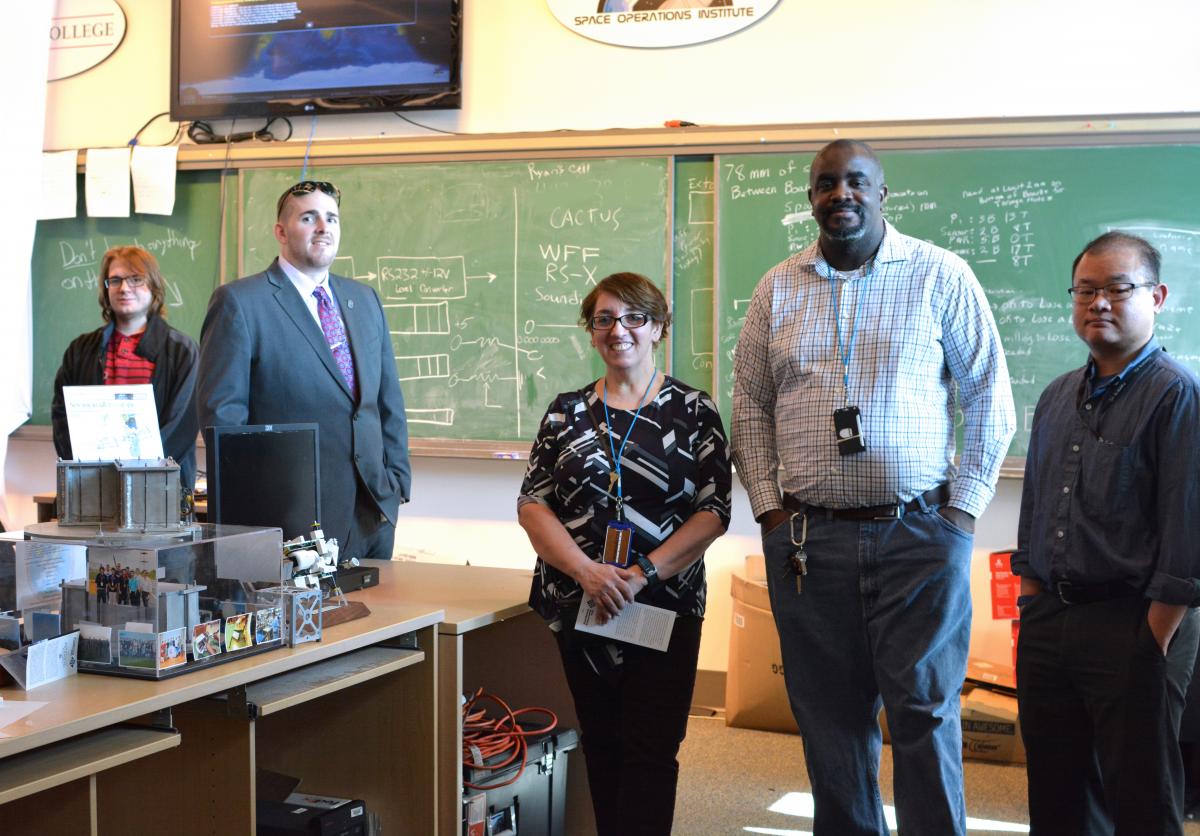
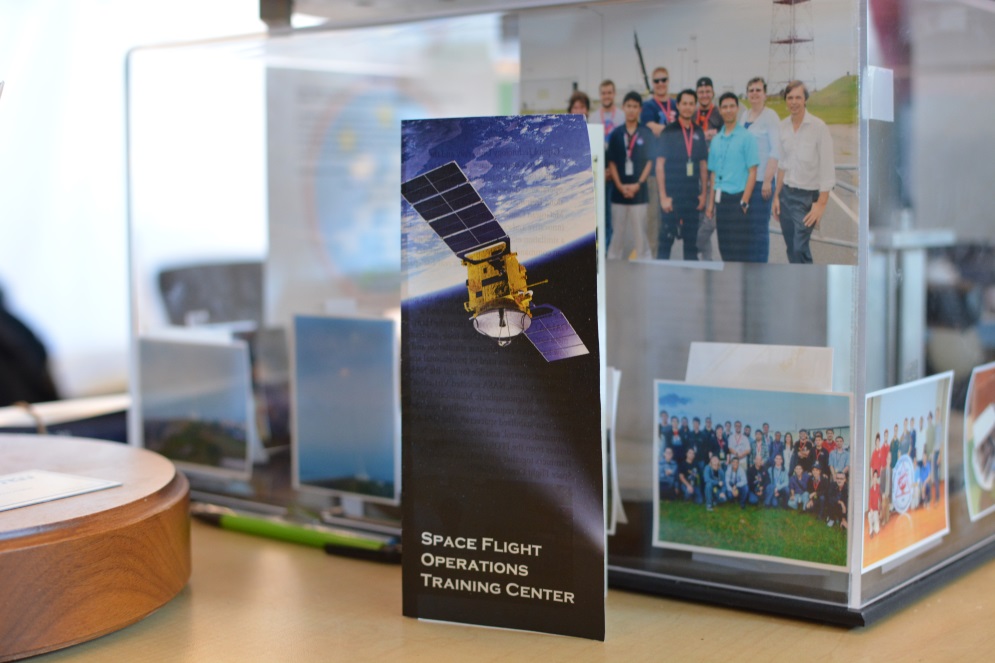
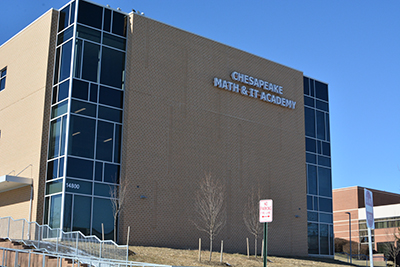
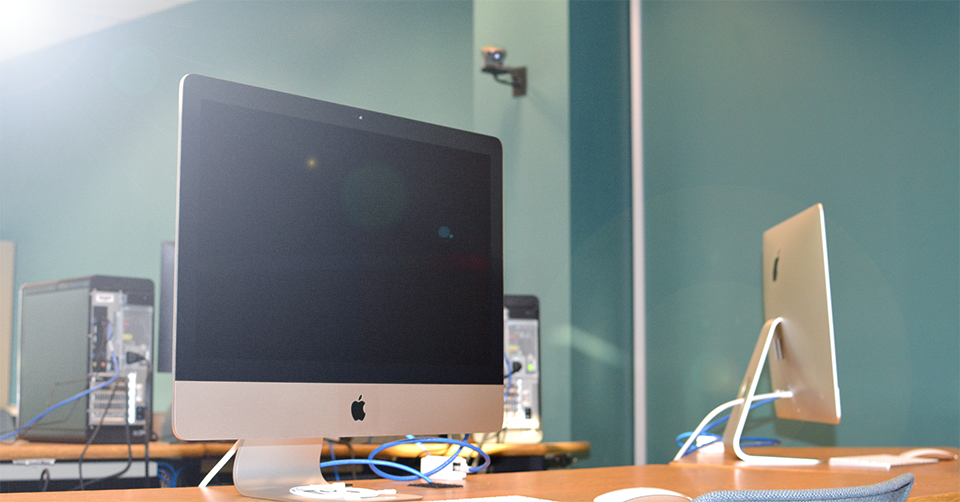
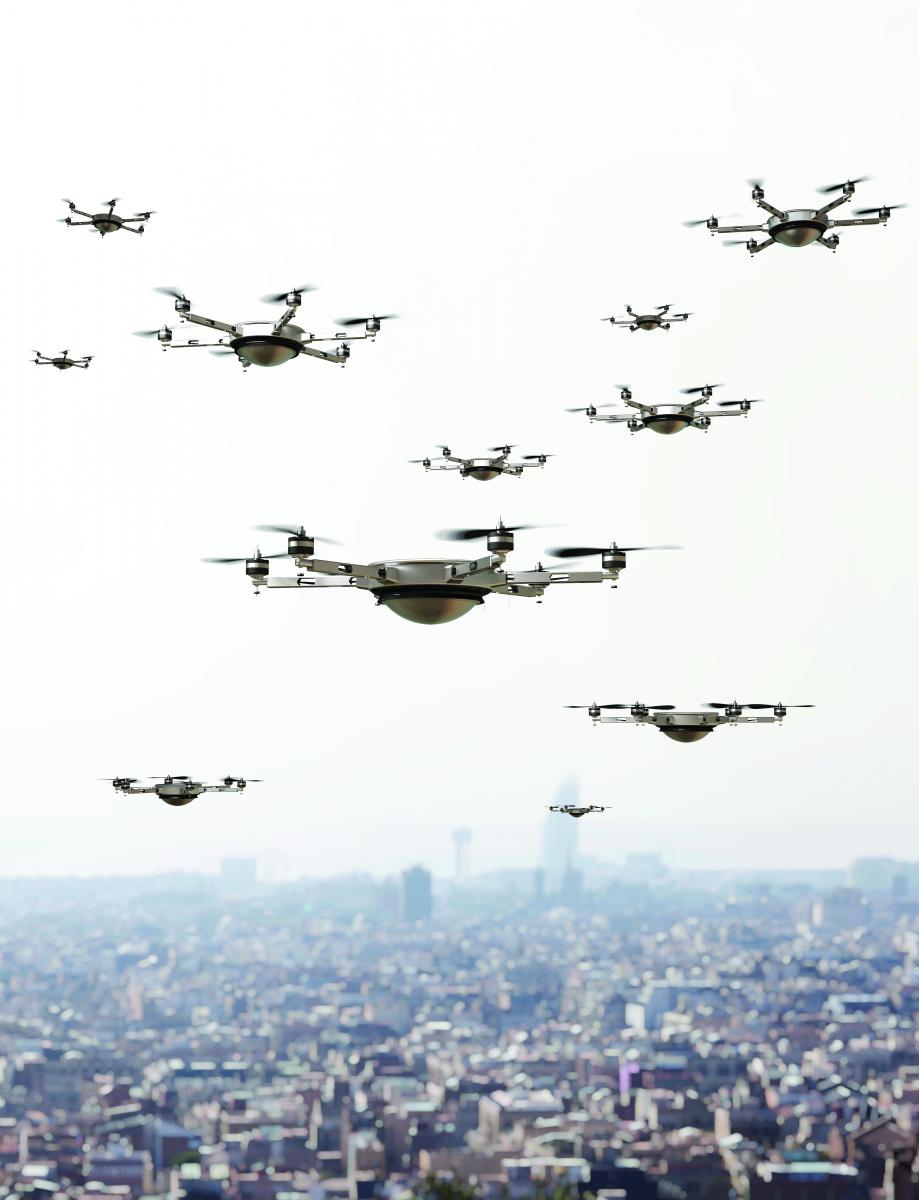
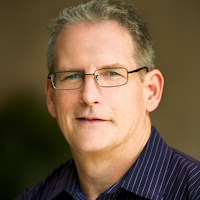 Too
often, though, first responders face an obstacle: blocked or weak radio
signals inside buildings. Such disruptions in communications can place
them and building occupants at great risk.
Too
often, though, first responders face an obstacle: blocked or weak radio
signals inside buildings. Such disruptions in communications can place
them and building occupants at great risk.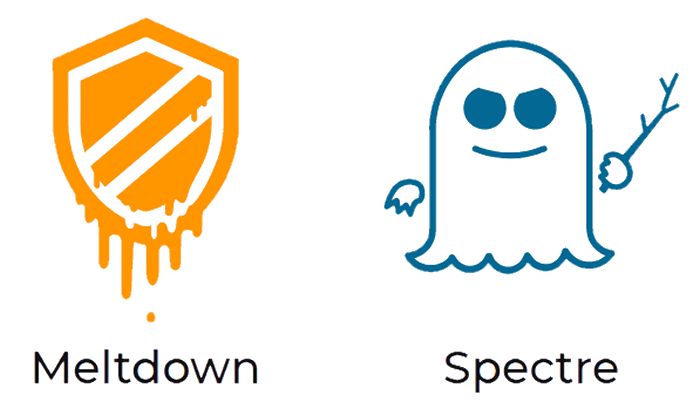 The
vulnerabilities, one of which affects Intel products and the other
which affects virtually every processor on the market, were
The
vulnerabilities, one of which affects Intel products and the other
which affects virtually every processor on the market, were 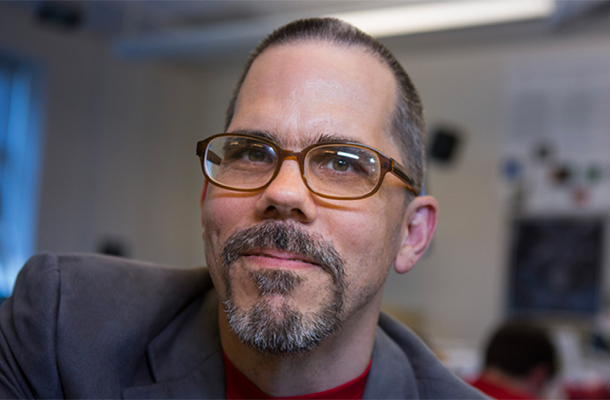 “With
CubeSats and small form-factor satellites, you can literally build a
satellite in the basement, and crowdfund or network your way into a
launch opportunity, and launch a soda-can-sized satellite up into space
to do something cool,” notes
“With
CubeSats and small form-factor satellites, you can literally build a
satellite in the basement, and crowdfund or network your way into a
launch opportunity, and launch a soda-can-sized satellite up into space
to do something cool,” notes 